Zen Masters, Famous Guitarists, and You

And now breathe in this thought as if for the first time . . . I am great . . . Just let that thought swim around in your head. I am a master. I am great. ~Kenny Werner
All you have to do to become a master guitar player is to kill yourself practicing, right? Wrong, at least according to a sizeable pantheon of Zen masters and guitar virtuosos.
Becoming a guitar master is not, as we often assume, reducible to the simple formula of blood, sweat, and tears. Sure, hard work is in order, but sometimes success comes at the end of other less tangible characteristics of the learning process.
Zen is a form of Buddhism that counsels, among other things, patience, following your gut, and effortlessness in reaching goals. Many guitarists have chosen the Zen path to enlightenment and on the way have discovered that Zen teachings have not only helped them to be happier and calmer, they’ve also assisted them in becoming better musicians.
The following are just a few of the foundation stones of painless guitar mastery.
1. Time
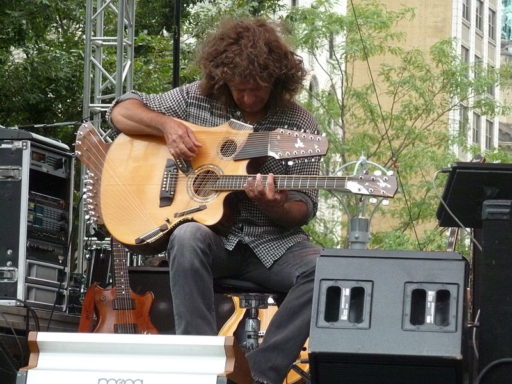
There’s no rushing this: You need to give time to your playing. This means that you must play often and continuously.
To me, if jazz is anything, it’s a process, and maybe a verb, but it’s not a thing. ~Pat Metheny
In the same way that you learned your mother tongue, you just have to keep “talking guitar” until you’re fluent in it.
There are no true shortcuts, because the long way around is where the best learning happens.
2. Focus
Choose to play a few things well, as opposed to trying to learn how to do everything. Be aware of your limits and maximise your strengths; instead of getting hung up on something you think you should know how to do, spend time on the things that come naturally to you, because this is the music inside you trying to come out.
A chimpanzee could learn what I do physically, but it goes way beyond that. When you play, you play life. ~Jaco Pastorius
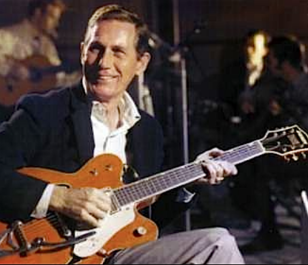
Practice mindfulness. Don’t be obsessed with where you want to be as a guitarist, but rather give the best of yourself to this moment right now. Don’t be overwhelmed by the thought of how much time it will take to master the guitar—just put one foot in front of the other.
Learn to listen better, both to others and to your own guitar playing. The Uberchord app is a huge help with this, keeping you on track and easing you into improving your playing. You can start by just playing one chord mindfully and then working up to more.
A long apprenticeship is the most logical way to success. The only alternative is overnight stardom, but I can’t give you a formula for that. ~ Chet Atkins
Practice simplicity. The best music is music that uses the fewest elements needed to create an effect. Too many notes per second can really dilute the impact.
Don’t overthink. You should be involving all of yourself, heart. mind, and body, not just using your intellect
It has always been my greatest joy to explore and create my own unique thing. ~Earl Klugh
3. Determination
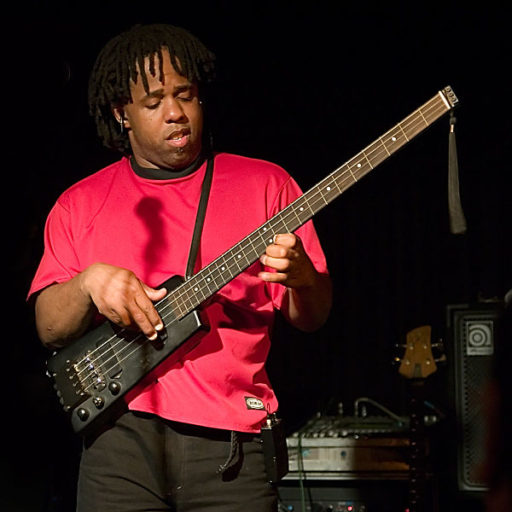
Determination is making a decision and sticking with it. This opens you and keeps you open to anything and everything coming at you that might be of service to your guitar learning.
Never give up.
When you get discouraged, don’t voice negative thoughts.
Persist.
But don’t try too hard!
Stay on the path but walk for distance, not speed.
It’s all about sticking with the process.
There is only one reason that you ever fail at anything…and that is because you eventually change your mind. That’s it! . . . anything and everything you have ever decided to do, you have succeeded, or will succeed, at doing.
~Victor L. Wooten
4. Expression
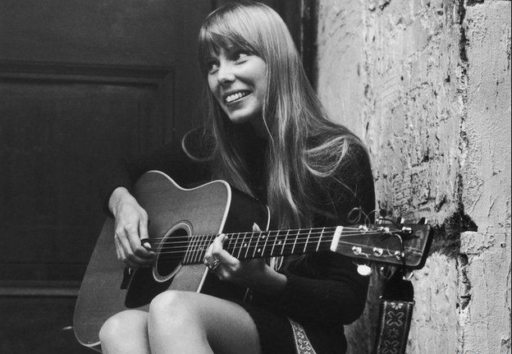
Cultivate sensitivity— sensitivity to yourself, your fellow musicians, and your audience, but especially sensitivity to the music.
Now, express yourself.
Try to make the sound of the divine spark within you.
Be sincere and authentic, and play from your heart.
As Philip Toshio Sudo said, don’t play what you want to play— play what you were meant to play.
I thrive on change. That’s probably why my chord changes are weird, because chords depict emotions. They’ll be going along on one key and I’ll drop off a cliff, and suddenly they will go into a whole other key signature. That will drive some people crazy, but that’s how my life is.
~Joni Mitchell
5. Yin and Yang
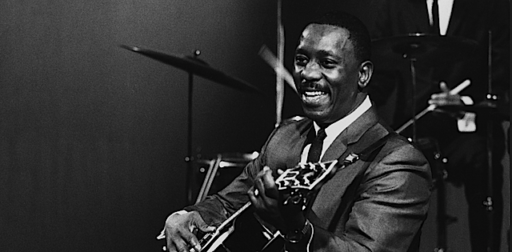
Embrace duality. Sound and silence, highs and lows, loud and soft, teaching and being taught . . . Remember that opposites are essential parts of the whole.
This includes right notes and wrong notes. There really are no mistakes. If you think you’ve made a flub, turn into something beautiful.
I don’t know that many chords. I’d be loaded if I knew that many. But that’s not my aim. My aim is to move from one vein to the other without any trouble. The biggest thing to me is keeping a feeling, regardless what you play. ~Wes Montgomery
6. The Groove
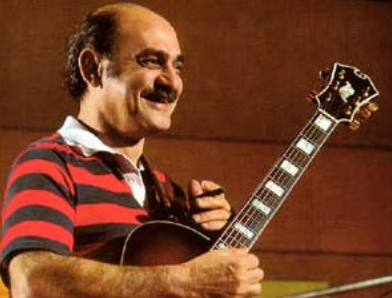
This is bit hard to describe in words, even though every sincere guitarist has experienced it. It’s when you’re into the music so much that you grasp its essence. The more you’re attuned to the groove, the less things like notes, keys, and theory matter. Sure, you’re playing notes in keys according to the rules of music theory, but you’re playing them with your whole being, not just your head.
Don’t be a slave to expertise; rather embrace emptiness.
Always keep the spirit of a beginner.
Start with an empty cup again and again so that again and again you can be filled.
If you hit a wrong note, then make it right by what you play afterward. ~Joe Pass
7. Integrity
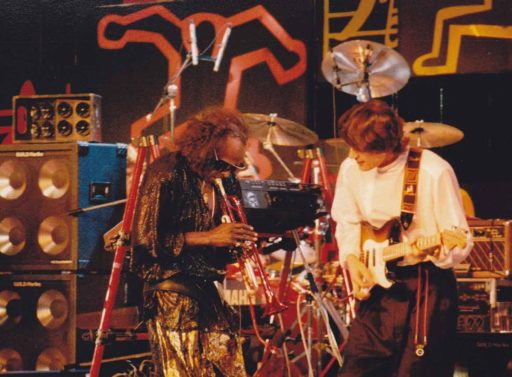
If you’re a sloppy thinker the six days of the week you aren’t working on your machine, what trap avoidance, what gimmicks, can make you all of a sudden sharp on the seventh? It all goes together . . . The real cycle you’re working in is a cycle called yourself. ~ Robert M. Pirsig, Zen and the Art of Motorcycle Maintenance
Stand firm in yourself, in your own values and morals, no matter who’s trying to pull you in another direction. Transcend those animal impulses. Believe in yourself, believe in your music, and try to remain faithful to what you know to be true.
I don’t find a lot of people actually saying things through music any longer. They are not trying to say anything with their music, they just want to make money with it.
I think it’s important to actually say something real, something meaningful, rather than just write some trash and try to sell it. ~Robben Ford
8. Love
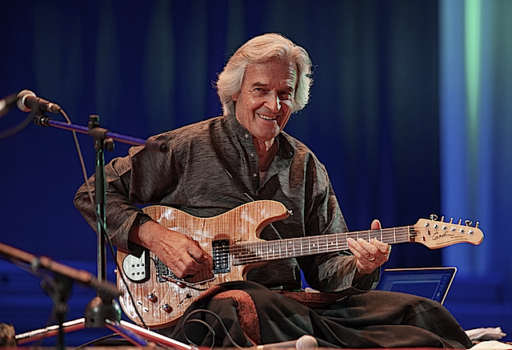
Love your guitar. Choose it, guard it, care for it, and tune it well. When you pick it up to play, treat it as if it’s as precious as an angel’s harp. Play it with loving devotion. Use it to prepare yourself for the beautiful task of sound-making.
Love the people you play music with. Groove on their sounds and allow your guitar to respond with love.
Love your audience. Let their energy feed you and give them your energy in return. Make entertaining them an act of loving tenderness, even if you’re playing death metal.
By the end of the Sixties it was clear to me that to have an altered state of consciousness is very important . . . I didn’t want to have an altered state of consciousness by ingesting chemicals, or mushrooms, or stuff like that. This became part of my life by the end of the Sixties. ~ John McLaughlin
Love yourself. Keep yourself safe and well. Yes, tell yourself that you’re great, special, unique, and priceless, because it’s all true. But be humble.
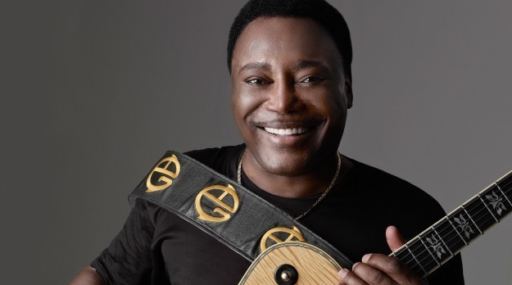
Love your guitar, but don’t worship it. Love the music, but don’t make it your everything. Love your true self (not your selfish self) and watch your universe open up.
If you play music for the right reasons, the rest of the things will come. The right reason to play music is that you love it. ~George Benson
So get busy at becoming a master. Ditch the fear—your only obstacle is within.
So rise lightly from the earth
And try your wings
Try them now
While the darkness is invisible.
~Sun Ra
November 4, 2016 / Tagged: MUSIC INSPIRATION /
from UBERcHORDS.COM Author: WANDA WATERMAN
References:
Werner, Kenny, Effortless Mastery: Liberating the Master Musician Within (Indiana: Jamey Aebersold Jazz, Inc., 1996)
Pirsig, Robert M., Zen and the Art of Motorcycle Maintenance (Harper Collins, 2009 [orig 1974])
“John McLaughlin: Zen and the Art of Guitar Playing”, interview with Michael Longley for The Independent, 2004.*
Sudo, Philip Toshio, Zen Guitar (Simon & Schuster, 2013)
Wooten, Victor L., The Music Lesson: A Spiritual Search for Growth Through Music (Berkley, 2008)

Leave a comment